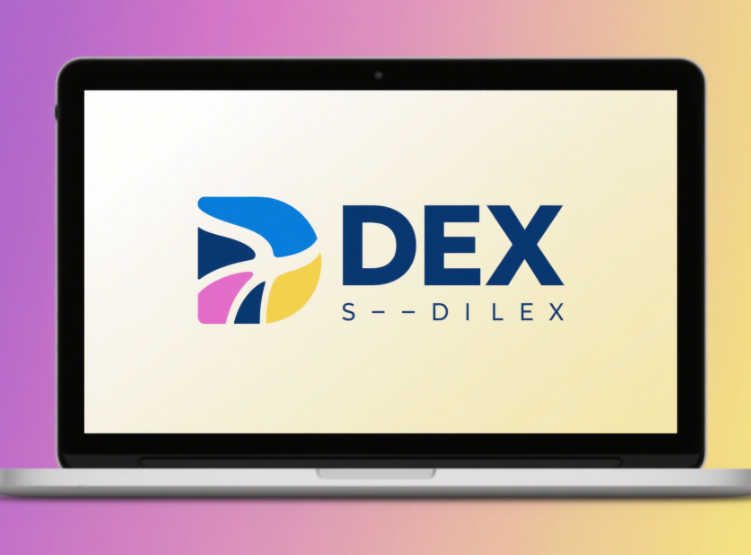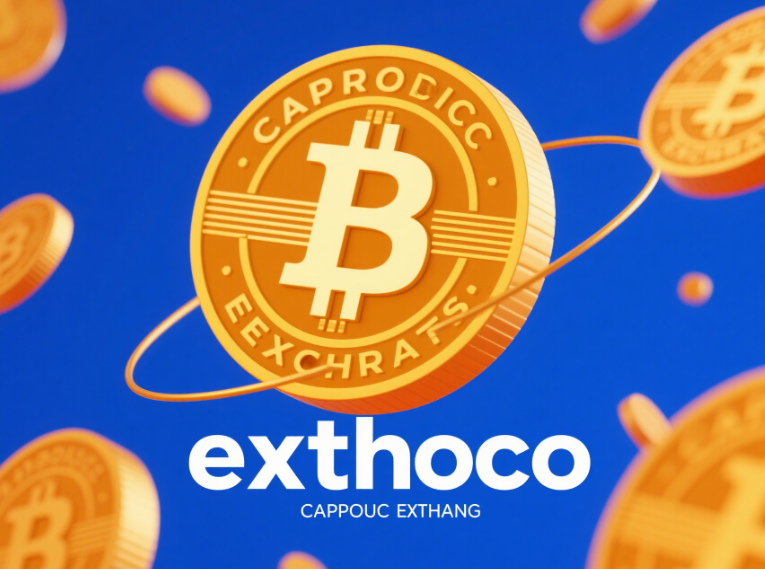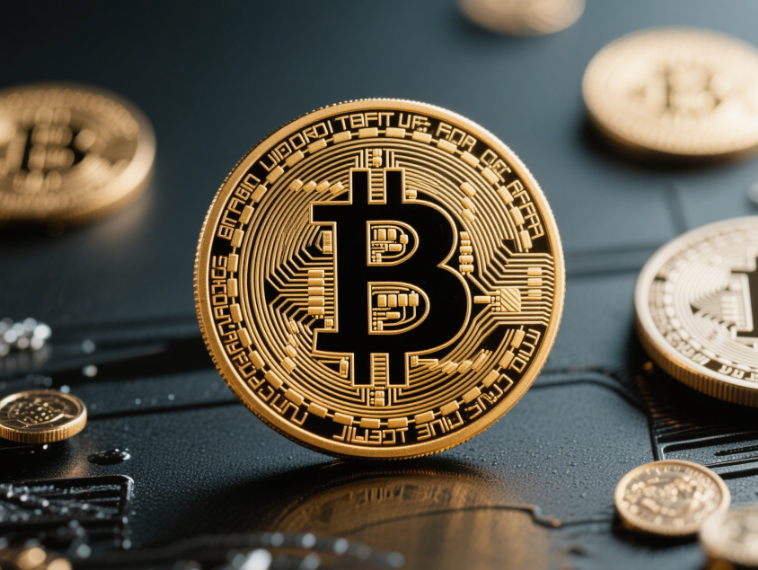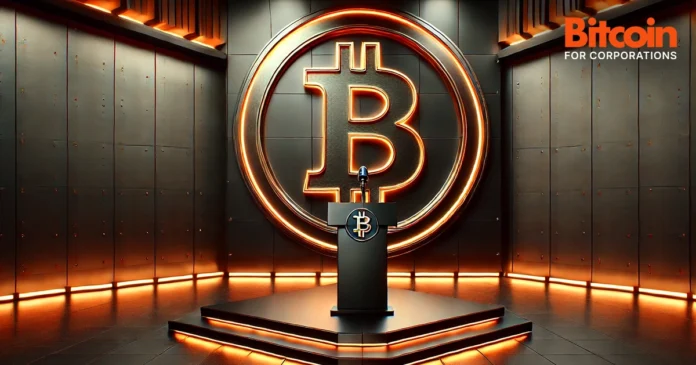In the world of cryptocurrency, selecting the right blockchain exchange is paramount for every investor. Whether you're a loyal Bitcoin enthusiast or a newcomer just dipping your toes into digital currency, the choice of an exchange can directly impact your trading experience and investment returns. There are many different types of exchanges in the market, each with its own advantages and disadvantages, so understanding their differences is a wise choice.
In this article, we will analyze how to choose the appropriate blockchain exchange in detail and provide a comparison of several mainstream exchanges, hoping to offer valuable reference points for your selection.
1. Types of Blockchain Exchanges
First, we need to clarify the different types of blockchain exchanges to better understand their characteristics:
1. Centralized Exchanges (CEX)
Centralized exchanges are operated by companies and their teams, requiring users to register accounts and undergo identity verification. These exchanges typically offer a smooth user experience, high liquidity, and a wide range of trading pairs.
Advantages:
User-friendly interface: Suitable for beginners, easy to use.
Fast transaction speed: Higher liquidity allows for quicker execution of trades.
Disadvantages:
Security risks: Exchanges can become targets for hackers, putting user assets at risk.
Dependence on reputation: Users must trust the exchange to manage their funds.
2. Decentralized Exchanges (DEX)
Decentralized exchanges operate without centralized control, using smart contracts on the blockchain for trading, allowing users to trade directly with each other.

Advantages:
Fund security: Users control their private keys, reducing the risk of theft.
Higher privacy protection: No identity verification is required, preserving user privacy.
Disadvantages:
Relatively higher usage threshold: Not ideal for complete beginners.
Liquidity might be insufficient: New or smaller decentralized exchanges may have lower liquidity.
2. Key Factors in Choosing an Exchange
When selecting an exchange, there are several key factors to consider:
1. Security
Security is the top priority when choosing an exchange. Here are some aspects to check:
Has the exchange ever experienced a hacker attack?
Does it offer two-factor authentication (2FA) and cold storage security measures?
2. Supported Trading Pairs and Liquidity
Ensure that the exchange supports the cryptocurrencies and trading pairs you wish to trade. Larger exchanges usually offer a wider range of trading pairs, along with higher liquidity.

3. Fees and Fee Structure
Different exchanges have varying fee structures, often including:
Trading fees: Fees charged for each transaction.
Withdrawal fees: Fees for withdrawing assets from the exchange.
Determining the best fee structure depends on your trading frequency and volume.
4. User Interface and Experience
For novice investors, a user-friendly interface and good user experience are crucial. Some exchanges also offer mobile apps for easier trading anytime and anywhere.
5. Customer Support
Good customer support can provide timely assistance when issues arise. It is important to research the exchange’s customer support methods, response times, and user reviews.
3. Comparison of Mainstream Exchanges
To help everyone better understand the characteristics of different exchanges, we selected five mainstream exchanges for a detailed comparison.
| Exchange | Type | Supported Trading Pairs | Trading Fee | Withdrawal Fee | Security | User Interface Experience | Customer Support |
|---|---|---|---|---|---|---|---|
| Binance | Centralized Exchange | Over 600 coins | 0.1% | 0.0005 BTC | High (2FA, cold storage) | Very user-friendly | 24/7 customer support |
| Coinbase | Centralized Exchange | Over 50 coins | 1.49% | 1.00 USD | High (2FA, cold storage) | Very simple and easy to use | 24/7 customer support |
| Kraken | Centralized Exchange | Over 150 coins | 0.16% (market rate) | 0.0005 BTC | High (2FA, cold storage) | Fairly user-friendly | 24/7 customer support |
| Uniswap | Decentralized Exchange | Unlimited | 0.3% | Varies | High (User controls private keys) | Medium (slightly complex) | Community support |
| Huobi | Centralized Exchange | Over 200 coins | 0.2% | 0.01 USD | High (2FA, cold storage) | Fairly user-friendly | 24/7 customer support |
4. How to Choose the Right Exchange for You?
1. Are You a Beginner or an Experienced Investor?
If you are a newcomer to Bitcoin and other cryptocurrencies, starting with Coinbase or Binance is recommended, as both provide user-friendly interfaces and plenty of educational resources to help you get started quickly.
If you have some trading experience and want to engage in more complex trading, consider Kraken or Huobi, as these exchanges offer more robust trading options and lower fee structures.
2. What Are Your Trading Needs?
If you are focused on certain specific digital assets, ensure that the exchange you choose supports these assets. If you prioritize flexibility and variety in trading, opting for an exchange that offers more trading pairs would be advantageous.

3. How Important Are Security and Privacy Protection?
If you have high requirements for asset security and privacy, decentralized exchanges like Uniswap are a good choice because you can fully control your funds and won't reveal personal information.
4. Do Fees Matter?
If you trade occasionally, higher fees may not significantly affect you. However, if you trade frequently, even small fees can accumulate into a substantial amount, making it wise to choose exchanges with lower fees.
5. Is Customer Support Timely?
When issues arise, being able to quickly find customer support is crucial. When selecting an exchange, consider their response time for customer support and user reviews about their service.
Choosing a suitable blockchain exchange isn’t an easy task; it requires weighing your needs and trading habits. I hope that through the analysis and comparison presented in this article, you can find a clearer path to selecting the right exchange for you.
Whether you are a beginner or an experienced investor, understanding the characteristics and differences among blockchain exchanges can help you make informed investment decisions in the competitive crypto world. Wishing every reader great success in the crypto space and happy investing!















No comments yet